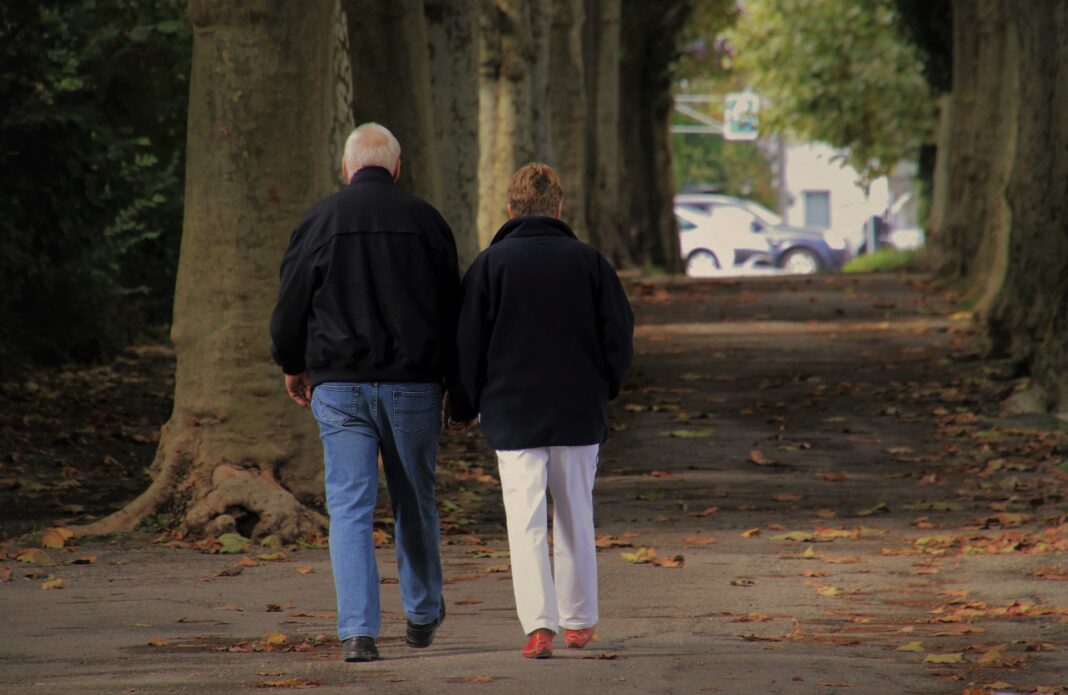Going for a walk after a meal is a common practice for many people. It is often recommended as a way to aid digestion and promote weight loss. However, there are some potential risks associated with walking after eating, especially if it is done immediately after a meal. In this article, we will discuss why you should not go for a walk just after having your meal.
Digestion and Blood Flow
When you eat a meal, your body’s digestive system goes to work. Digestion is a complex process that involves breaking down food into its constituent components so that it can be absorbed by the body. To do this, your body needs to increase blood flow to the digestive system, which allows it to deliver the necessary enzymes and hormones for digestion.
If you go for a walk immediately after eating, you can disrupt this process. Walking diverts blood flow away from the digestive system, which can slow down digestion and lead to indigestion, bloating, and discomfort. This is particularly true if you engage in vigorous exercise, such as running or jumping, which can further divert blood flow away from the digestive system.
Gastroesophageal Reflux Disease (GERD)
Another potential risk associated with walking after eating is gastroesophageal reflux disease (GERD). GERD is a condition in which stomach acid backs up into the esophagus, causing discomfort and irritation. One of the factors that can contribute to GERD is a weakened lower esophageal sphincter (LES), which is the muscle that separates the stomach from the esophagus.
Walking after eating can increase the risk of GERD by putting pressure on the LES. This pressure can cause it to weaken further, which can lead to acid reflux. Additionally, the jostling of your stomach that occurs during walking can also cause stomach acid to move up into the esophagus.
Insulin Resistance
Insulin resistance is a condition in which your body’s cells become less responsive to insulin, a hormone that regulates blood sugar levels. This can lead to high blood sugar levels, which can cause a range of health problems, including type 2 diabetes.
Research has shown that going for a walk immediately after eating can increase insulin resistance. This is because exercise causes your body to release stress hormones, such as cortisol and adrenaline, which can interfere with insulin signaling. Additionally, walking after eating can cause a rapid drop in blood sugar levels, which can trigger the release of stress hormones and further worsen insulin resistance.
Dehydration
Walking after eating can also increase the risk of dehydration. This is because walking can cause your body to lose water through sweating, which can lead to dehydration if you do not drink enough fluids to replenish it.
Dehydration can cause a range of health problems, including headaches, fatigue, and dizziness. It can also make it harder for your body to digest food, as water is necessary for the digestive process. This can lead to constipation, bloating, and discomfort.
Other Risks
There are other risks associated with walking after eating as well. For example, if you have a history of heart disease or other cardiovascular problems, walking after eating can put additional stress on your heart, which can be dangerous.
Walking after eating can also increase the risk of injury. This is particularly true if you engage in vigorous exercise, such as running or jumping, which can cause muscle strains, sprains, or other injuries. Additionally, walking after eating can make you feel lightheaded or dizzy, which can increase the risk of falls.


